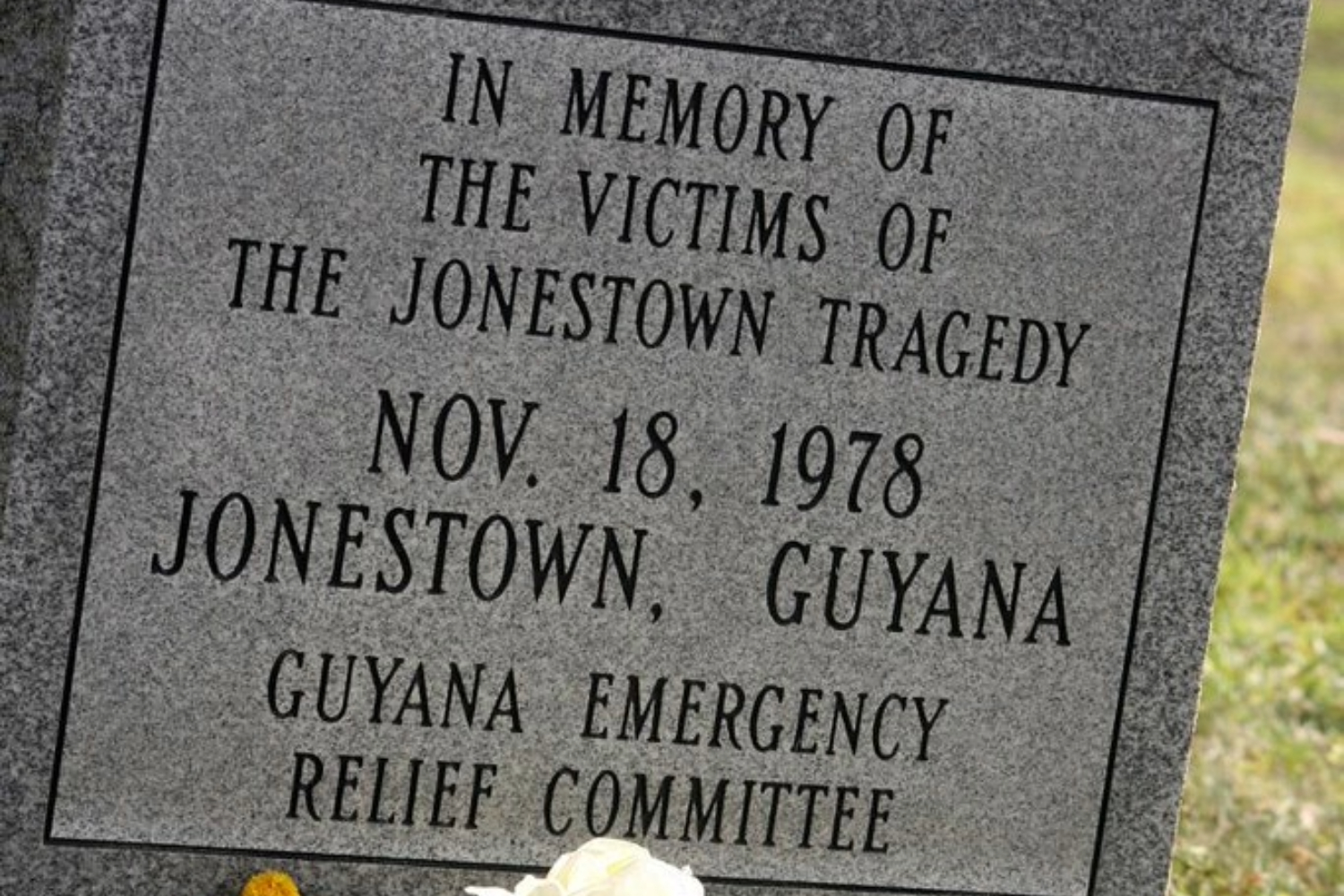Within organized religious institutions, the manipulation and pressure over “performance” issues perpetuated by people in positions of authority are common, but not easily recognizable. The effects should be characterized as “spiritual abuse” initiated from a misuse of power and influence by leaders who lack humility and integrity – and who also consider themselves above questioning.
A Recommendation by Barbara Anderson
In far too many fundamentalist and conservative Christian churches, victims of spiritual abuse are taught to feel guilty that they can never do enough “to please God.” That feeling is generated and distorted by leaders who appear only to want their followers to endure more Bible reading, more gospel/preaching work – and more financial sacrifice to gain approval.
“Spiritual abuse” was a new term to me when I was introduced to it by a senior writer in 1991. I was a member of the Watchtower’s writing staff at the Jehovah’s Witnesses (JWs) corporate headquarters in Brooklyn, NY. I remember him casually approaching me in the department’s library with a paperback book in the hand that he extended to me. I noticed that it was a new publication, the title being The Subtle Power of Spiritual Abuse.*
Before I could even utter a word, he suggested I read the book. He explained it was actually written for members of Protestant churches experiencing long-term harm from an abusive religious system or autocratic religious leaders. He continued to explain that copious numbers of letters arrived at headquarters from JWs recounting personal experiences involving those in spiritual authority who were abusive. Decision makers at Watchtower headquarters recognized that this problem also existed within too many congregations of Jehovah’s Witnesses. They realized that was an issue that needed their attention.
As I read the book, I could see the similarities to these Christian churches by the way many Witness leaders were persistent in pressuring followers to be more “active” and committed to spreading the “good news” and all that went with it. Witnesses were so frequently reminded to put religious activities “first in their lives,” that the result was that many ended up on a perpetual guilt trip.
Like members in fundamentalist churches, JWs subconsciously understood that they had to keep up with the constant instructions to “do more for God and his organization.” That was required to gain acceptance and love from fellow preachers and to generate God’s favor. They never suspected that they were tolerating “spiritual abuse.”
Questioning the JWs’ religious system by members was not (and is not) permitted. In abusive Christian churches, questions or doubt could generate ridicule or belittling. But among Jehovah’s Witnesses, doing so could generate even more extreme sanctions such as “shunning,” an abusive process used by leaders to punish “rebels.”
I personally believed (and said so to certain staff members) that more “commendation” and less “condemnation” was needed for JWs not doing enough. For many JWs, “Our religion,” I said, was “becoming a performance religion,” and that could account for many of the complaints voiced by unhappy Witnesses.
My opinion and message fell upon hearing ears, but never took root. The reality is that the organization exists to perpetuate itself through gaining new converts. The “happiness” of individuals within the congregation who participated in making new converts is irrelevant.
But now…
Rarely has there been a way to offer healing and hope to those injured by abusive cults and religious organizations like Jehovah’s Witnesses. But now there is a resource available…
Spiritual Abuse Resources is a program offered by the International Cultic Studies Association (ICSA).
Spiritual Abuse Resources
http://www.spiritualabuseresources.com/
Mission
Spiritual Abuse Resources (SAR) provides information and assistance to:
– victims of spiritual abuse
– clergy and other religious professionals
– mental health professionals
– families
– anyone concerned about spiritual abuse
What is Spiritual Abuse?
The resources on this Website conceive of spiritual abuse in different ways.
Some apply the term spiritual abuse to any kind of psychological, physical, or sexual abuse that takes place in a religious context. Others apply the term specifically to manipulations that damage a person’s relationship to God or to his/her core self. Spiritual abuse has been reported in mainstream religious organizations as well as nonmainstream groups, such as cults.
Read More on What is Spiritual Abuse and how Spiritual Abuse Resources website can benefit you:
http://www.spiritualabuseresources.com/
*Authors: David Johnson and Jeff Van Vonderen
[Featured Image Graphic: Pixabay – John Hain]






Werner Speck
Many thanks for your help !
Greetings from Germany
Werner